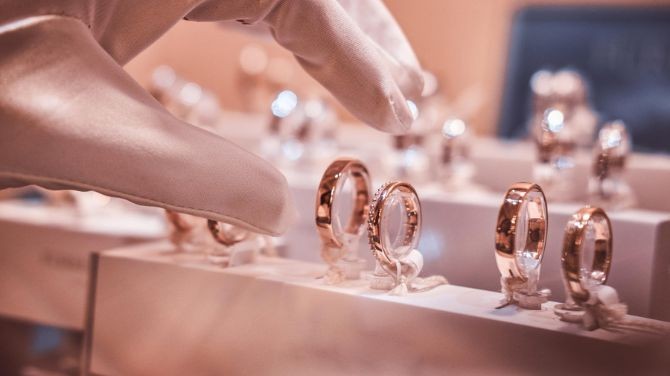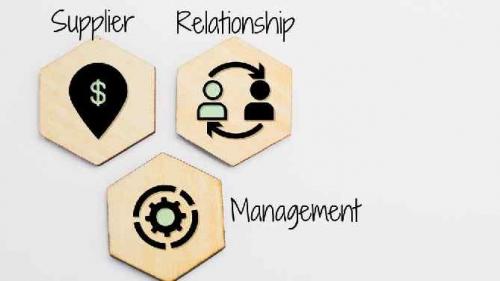Jewelry holds a special place in our hearts. Whether it's a family heirloom passed down through generations or a modern piece purchased for a special occasion, jewelry often carries sentimental value that goes beyond its monetary worth. However, there are times when we need to assess the financial value of our jewelry, and this is where the science of jewelry valuation comes into play. In this comprehensive guide, we'll explore the intricate process of appraising jewelry, the factors that influence its value, and the importance of seeking expert insights for accurate appraisals.
Understanding Jewelry Valuation
Jewelry valuation is the process of determining the estimated financial worth of a piece of jewelry. This evaluation is crucial for various reasons, including insurance coverage, estate planning, tax purposes, and potential resale. However, valuing jewelry is not a one-size-fits-all task; it involves a combination of objective analysis and subjective judgment.
The Role of a Jewelry Appraiser
A certified jewelry appraiser plays a pivotal role in the valuation process. These professionals are trained to assess the value of jewelry items accurately. Here's what they typically consider:
1. Gemstone Assessment:
- The quality, type, and rarity of gemstones significantly affect the value of a piece. Appraisers examine factors like color, clarity, cut, and carat weight.
2. Metal Evaluation:
- The type and purity of the metal used in the jewelry are essential. Precious metals like gold, platinum, and silver are assessed for their quality and weight.
3. Workmanship and Design:
- The craftsmanship and uniqueness of the design are evaluated. Handcrafted and custom-designed pieces often have higher value.
4. Historical and Provenance Factors:
- If the jewelry has a historical significance or a notable provenance, it can greatly impact its value.
5. Market Conditions:
- Appraisers consider current market conditions and trends in the jewelry industry. Demand for specific styles or gemstones can affect value.
6. Documentation and Research:
- Appraisers use specialized equipment and reference materials to aid in their assessments. They may also research comparable sales and auction results.
The Appraisal Process
A professional jewelry appraisal involves several steps:
1. Examination: The appraiser carefully inspects the jewelry, noting all relevant details about gemstones, metals, and design.
2. Cleaning: The jewelry is cleaned to ensure a clear assessment. Dirt or tarnish can obscure important details.
3. Testing: The appraiser may use gemological tools to assess gemstone quality and metal purity.
4. Documentation: A detailed appraisal report is created, including photographs and descriptions of the jewelry. This report is a crucial legal document for insurance and estate planning.
5. Valuation: The final step involves determining the estimated value of the jewelry based on the collected data.
Factors Influencing Jewelry Value
Several factors influence the value of jewelry:
1. Gemstone Quality: The "Four Cs" (cut, color, clarity, and carat weight) are critical for assessing the quality of gemstones like diamonds, rubies, and sapphires.
2. Metal Type and Purity: The purity of gold (e.g., 24K, 18K, 14K) and the type of metal (gold, platinum, silver) impact value.
3. Design and Craftsmanship: Unique and handcrafted designs often command higher prices.
4. Brand or Designer: Pieces from renowned designers or brands may have higher intrinsic and resale value.
5. Condition: The overall condition of the jewelry, including any wear and tear or damage, can affect value.
6. Market Trends: The demand for specific styles or gemstones in the current market influences value.
Why Seek Expert Insights?
The importance of seeking expert insights from certified jewelry appraisers cannot be overstated. Here's why:
1. Accuracy: Certified appraisers have the knowledge and tools to provide accurate valuations.
2. Legal Documentation: Appraisal reports serve as legal documents for insurance claims and estate planning.
3. Informed Decision-Making: Appraisers can offer guidance on whether to insure, sell, or keep your jewelry.
4. Confidence: Knowing the true value of your jewelry provides peace of mind and financial security.
Conclusion
Jewelry valuation is a blend of art and science. While we often treasure our jewelry for sentimental reasons, understanding its monetary value is essential for various practical purposes. To ensure accurate and reliable appraisals, always consult certified jewelry appraisers, including expert jewellers in Kolkata, who bring their expertise and knowledge to the science of jewelry valuation. With their help, you can confidently protect and manage your precious jewelry assets.









